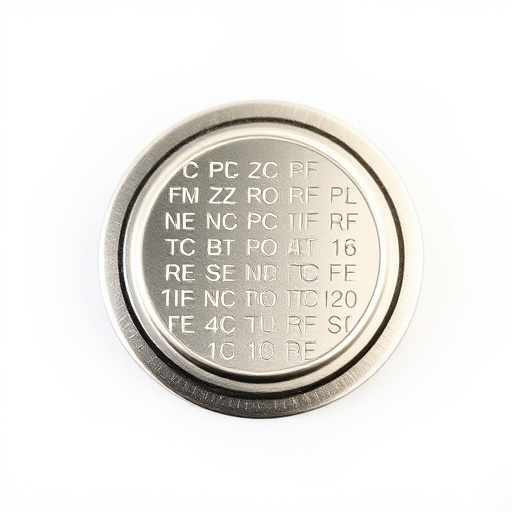Identifying button battery poisoning in pets requires recognizing non-specific symptoms like vomiting, loss of appetite, and lethargy, as well as behavioral changes such as disorientation, restlessness, and difficulty breathing. Prompt veterinary care is crucial for preventing severe organ damage, internal bleeding, or death caused by the chemical reaction of dissolved batteries within hours of ingestion, especially in curious cats and dogs. Keep button batteries secured and out of reach to prevent poisoning, and act swiftly if ingestion is suspected.
“Battery poisoning in pets is a silent yet serious threat, often going unnoticed until severe damage has occurred. This comprehensive guide aims to equip pet owners with the knowledge to recognize potential signs of battery exposure, particularly focusing on button batteries. From unusual behavior changes and physical symptoms to disorientation and common household locations, this article delves into the 10 best indicators of battery poisoning. Understanding these signs can save lives, ensuring prompt action and emergency care if needed.”
- Recognizing Unusual Behavior Changes in Your Pet
- Physical Symptoms of Battery Poisoning
- Behavioral Signals: When Pets Seem Confused or Disoriented
- Common Places Button Batteries Can Be Found in Homes
- Emergency Steps to Take If You Suspect Battery Poisoning
Recognizing Unusual Behavior Changes in Your Pet
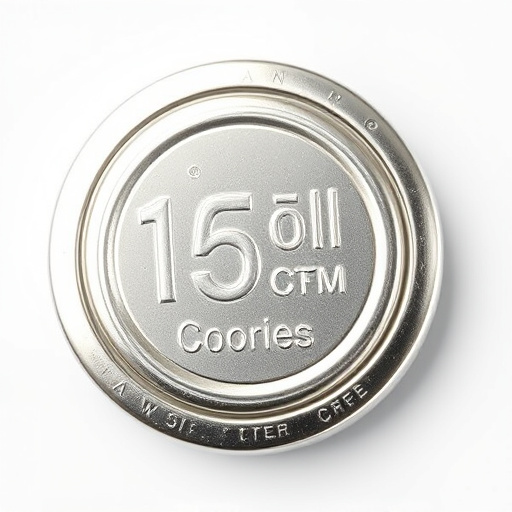
Recognizing unusual behavior changes is a critical step in identifying battery poisoning in pets. If your usually active dog or cat suddenly becomes lethargic or displays signs of disorientation, it could be a cause for concern. Battery ingestion, especially small button batteries, can lead to severe health issues as they are easily overlooked and can cause significant internal damage within just a few hours.
Keep an eye out for any abrupt changes in their routine or personality. For instance, a previously playful pet might become irritable or exhibit signs of pain. These behavioral shifts often indicate that something is amiss, especially if coupled with other symptoms like vomiting, loss of appetite, or unusual breathing patterns. Actively monitor your pet’s activities and behavior to ensure any odd changes are promptly addressed, as early detection can significantly improve the chances of a successful recovery.
Physical Symptoms of Battery Poisoning

Battery poisoning in pets, often caused by ingesting small, round objects like button batteries, can go unnoticed due to their non-specific symptoms. However, owners should be vigilant for potential red flags. Physical manifestations may include vomiting, loss of appetite, abdominal pain, and lethargy. These symptoms could indicate that a pet has swallowed a battery, leading to chemical irritation and damage to internal organs as the battery dissolves. In severe cases, it can cause internal bleeding, organ failure, or even death.
Paying attention to changes in behavior, such as restlessness, difficulty breathing, or unusual vocalizations, is also crucial. Swallowed batteries may emit harmful chemicals that affect the nervous system, respiratory tract, and gastrointestinal organs. If you suspect your pet has been exposed to a button battery, immediate veterinary care is essential. Time is of the essence, as prompt treatment can prevent severe complications and save lives.
Behavioral Signals: When Pets Seem Confused or Disoriented
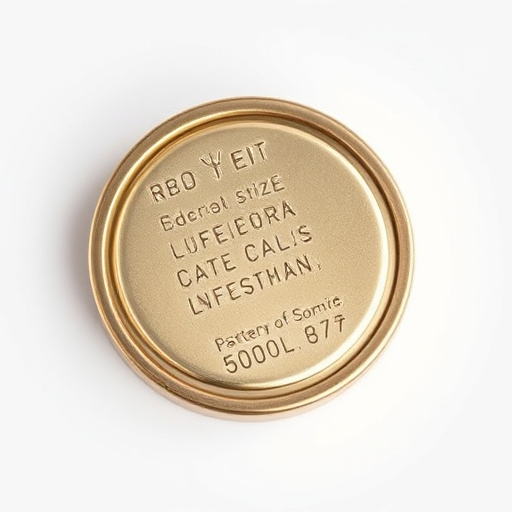
When a pet ingests a button battery, the effects can manifest in subtle yet concerning ways. One of the earliest signs to watch for is behavioral changes. If your usually alert and responsive pet seems confused, disoriented, or exhibits unusual restlessness, it could be a red flag. They might start pacing, circling, or exhibiting aimless movements, as the battery’s chemical reaction can disrupt nerve impulses, leading to coordination issues and confusion.
These behavioral signals are often one of the first indicators that something is amiss. As the battery causes damage to the internal organs, including the brain and nervous system, pets may become more irritable or even display aggression, making it crucial for pet owners to be vigilant and seek immediate veterinary care if they suspect their pet has ingested a button battery.
Common Places Button Batteries Can Be Found in Homes
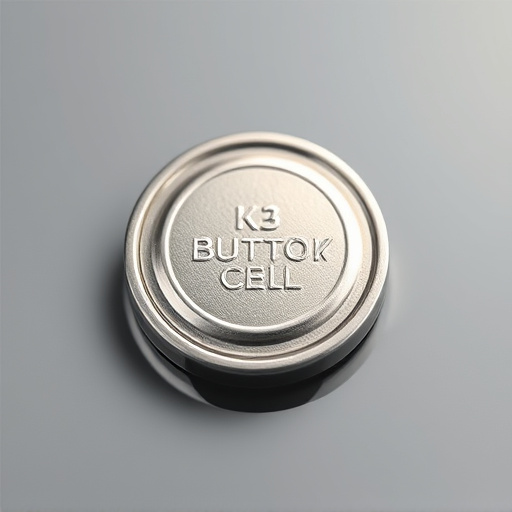
In the average home, button batteries can be found in a variety of devices and appliances. These small, round batteries are commonly used in remote controls, digital clocks, toys, and even some pet products. While they are convenient for their compact size and long-lasting power, they pose a significant risk to pets if ingested. Often, these batteries are easily accessible to curious cats and dogs, who may mistake them for food or playthings.
Common locations in the home where button batteries can be found include kitchen drawers (especially those containing utensils or small appliances), remote controls, kids’ toys, flashlights, and even some pet treats or chew toys. It’s essential to keep these batteries out of reach of pets and children, as ingestion can lead to serious health complications, including chemical burns, internal bleeding, and even death. Regularly checking and securing these devices can help prevent accidental battery poisoning.
Emergency Steps to Take If You Suspect Battery Poisoning
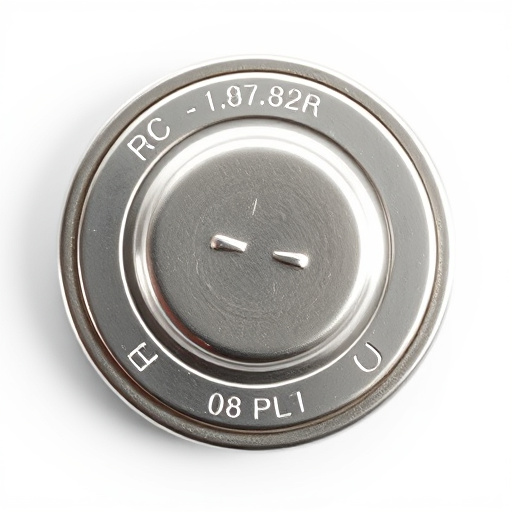
If you suspect your pet has ingested a button battery, act quickly as this can be a life-threatening emergency. Button batteries are small but powerful, and ingestion can cause severe internal damage within hours. Time is of the essence when dealing with these cases.
First, prevent further consumption by removing any accessible batteries from toys or devices. Seek veterinary assistance immediately; your vet may induce vomiting if caught early enough to minimise damage. Keep a close eye on your pet’s behaviour and health, and be prepared to provide detailed information to the vet about when and how you believe exposure occurred.
Battery poisoning in pets is a serious yet often overlooked issue. By recognizing unusual behavior changes, physical symptoms, and signs of disorientation, pet owners can quickly identify potential battery exposure. Common household items like small button batteries are often the culprit. If you suspect battery poisoning, immediate action is crucial. Take your pet to a veterinarian for urgent care, and ensure any potentially harmful batteries are removed from reach to prevent further complications.
